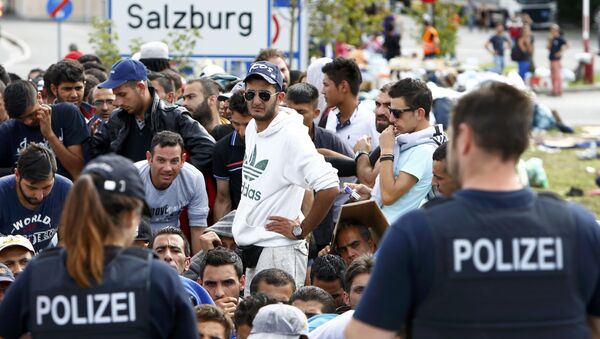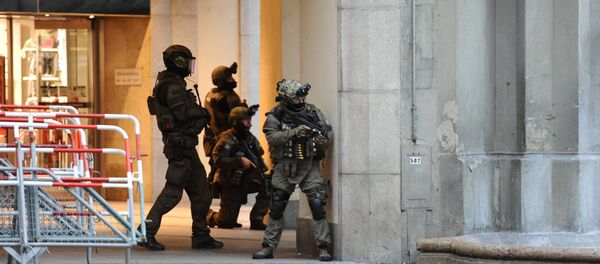So why don't employees of intelligence agencies share information with their colleagues to prevent terrorist attacks and ensure security?
After each new terrorist attack, there are calls to improve coordination between the intelligence agencies of various EU countries so that they could closely work together, share available data and prevent terrorist attacks in the future. Back in January 2015, after the attack on the editorial office of Charlie Hebdo, it was promised that the exchange of intelligence information within the EU would be intensified.
The recent attacks, however, show that little has changed in this regard in practice. In his article for lenta.ru, journalist Alexey Kupriyanov wrote that European intelligence agencies still treat each other with suspicion and follow the old principle — "intelligence has no friends, only competitors."
"Thus, French intelligence officers are reluctant to share data with the Germans, Spaniards — with the Brits, and all together they are afraid to give out valuable information to the new members of the EU — in order to prevent its leakage to Moscow," the journalist wrote.
Another issue here is the principle of state sovereignty. According to political expert, Timofey Bordachev, the problem lies in the very concept of the state and its functions.
"The most important duty of a sovereign state is to ensure the security of citizens," the expert said cited by the media source. "It is impossible to imagine a situation in which German police will track someone on the territory of Belgium. Why then do we need the Belgian State?"
The failure of such system is clearly visible on the example of the US. After the 9/11 attacks it turned out that two of the terrorists were registered in the lists of the CIA, but the latter didn't even bother to transfer the information about them to the FBI.
"It is easy to imagine the scale of the chaos in the countries where not two or three, but dozens of special services are involved in intelligence and counterintelligence activities," the article said.
Nevertheless, it is worth mentioning that Europeans have tried to somehow change the situation for better. The structure of the EU bodies dealing with security is quite logical: Europol deals with crimes, Frontex — with the protection of borders, and Eurojust coordinates investigation. In January 2016, there has also been created a joint European counter-terrorism center within Europol which is expected to coordinate activities of the European security services.
However, many problems still remain in place. The common European database with 90,000 fingerprints turned out to be much less efficient then it was expected. The base is too huge and it is almost impossible to find necessary information.
Moreover, European intelligence agencies not only don't want to negotiate with each other, but often just can't do it as different countries have different systems of transliteration of Arabic names. The problem is also complicated by the fact that intelligence services usually have very few people who speak Arabic, the article said.
All in all, proper cooperation between the intelligence agencies within the European Union has not been established so far and probably won't be in the future.
"Most likely, corresponding measures will be gradually intensified on the national level," Bordachev said. "And this, unfortunately, would undermine one of the fundamental freedoms of the EU — the freedom of movement," he added.




